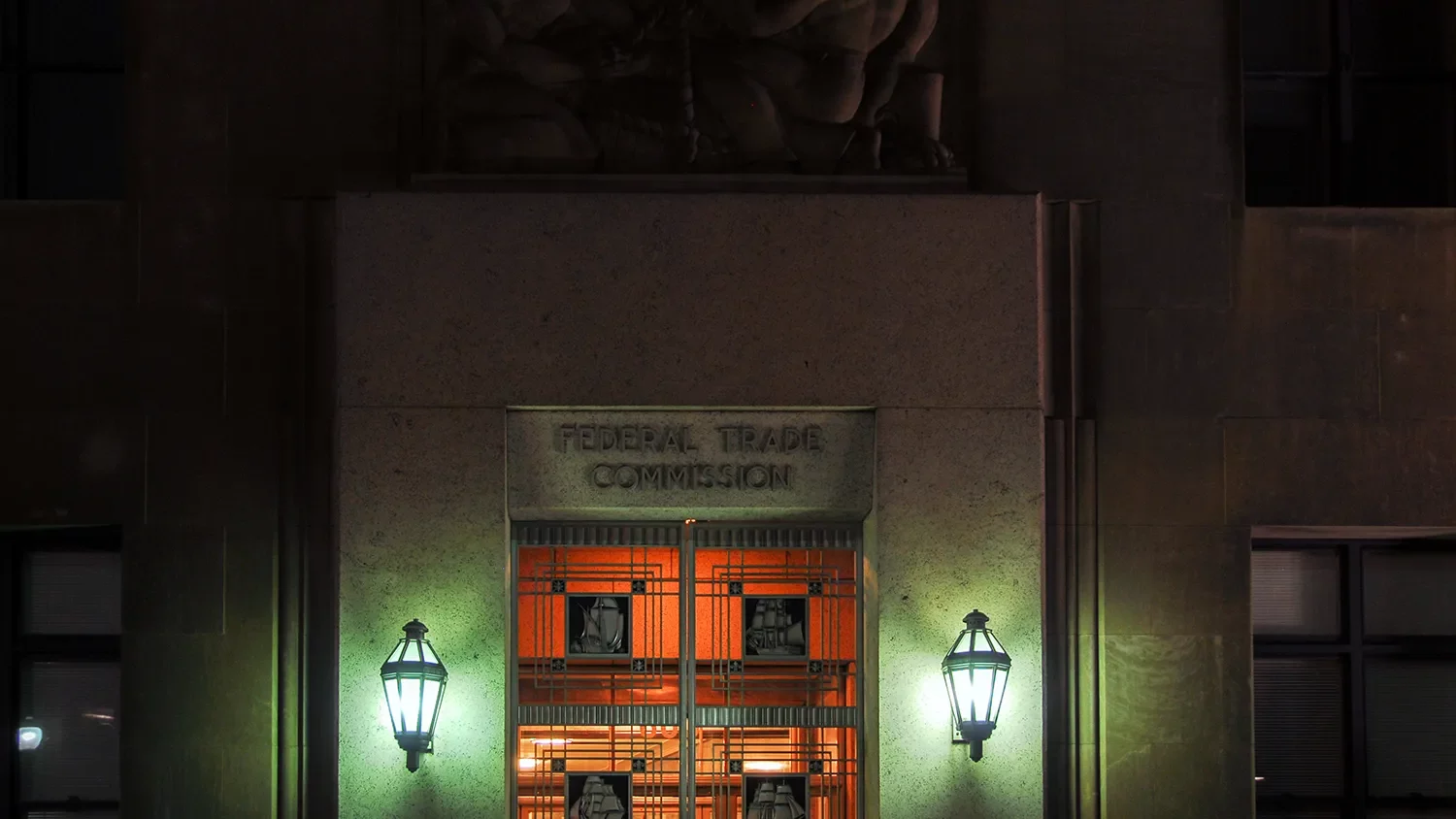FTC Hearings #1: Consumer Protection and Antitrust
The FTC kicked off a series of hearings yesterday called Competition and Consumer Protection in the 21st Century, modeled and influenced after the 1995 Pitofsky hearings, which strived to explore whether “evolving business practices, new technologies, or international developments might require adjustments to competition and consumer protection law, enforcement priorities, and policy”. These hearings are a unique opportunity to foster a healthy and robust discussion among policy makers, academics and industry representatives, and demonstrate a commitment to “transparency and accountability” of the agencies, according to Howard Shelanski, a Professor at Georgetown University Law Center.
The event began by addressing the current landscape of competition and consumer protection law and policy, a review of the concentration and competition of the U.S. economy, and the regulation of consumer data. FTC Chairman Joseph Simons outlined the FTC’s mandate to protect consumers against certain unfair or deceptive acts and practices and ensure healthy market competition, and pointed to recent economic literature that suggested that the U.S. has grown more concentrated and less competitive over the past couple of decades, coinciding with a less aggressive antitrust policy that began in the early 1980s. Thus, as the Chairman put it, one of the primary goals of the hearing is to understand “whether current enforcement and polices are on the right track, or on the wrong track — and, if they are on the wrong track, what we should do to improve them.”
In line with Chairman Simons’ initial remarks, several key concerns emerged during yesterday’s hearings. Under agreement that there was a lack of a general consensus on the nature of antitrust and the FTC’s role in enforcement, a large part of the debate focused on the proper standard for determining antitrust action. The prevailing standard is currently the consumer welfare standard, and panelists expressed concerns about whether this standard should still apply or whether to take account of policy goals beyond consumer welfare such as inequality, labor issues, and excessive political power.
Janet McDavid, of Hogan Lovells US LLP, argued that the agencies should continue with the consumer welfare standard, because otherwise:
Instead of well-established principles grounded in consumer welfare and sound economic analysis, we would be applying amorphous concepts of bigness and fairness, some of which turn traditional principles on their heads, such as lower prices that don’t have the underpinnings of a predatory pricing analysis, or penalizing large successful technology companies simply for being successful because they provided new products or services that consumers genuinely desired.
Timothy Muris, a Professor at George Mason University Antonin Scalia Law School, shared concerns on the proper standard of antitrust, counseling the room to avoid a system where antitrust could be used as a tool to harm companies or support political ideologies:
Populism is reflected in calls, and Chairman Simon mentioned this, on the left and the right, to use antitrust to dismantle the highly successful companies — or at least the so-called tech companies, or at least regulate them as public utilities. These are misguided calls. For one thing, what a tech or digital company is, is hard to know. We have new technologies, but they’re being diffused through the economy. Moreover, these companies have different positions in the market; some have big market shares, some don’t. Equally as important, we’ve been down the populist road before with disastrous consequences.
Another discussion present throughout the day was the duty the FTC has to consumers with respect to privacy and its operation as one of many antitrust agencies across the world. How far can antitrust reach to protect the privacy of consumers and how can it do so without overstepping its bounds and unduly attacking businesses? This debate centered around a friction present in the differences between the U.S. approach and the EU approach to antitrust policy. The U.S. approach has always been a balance between industry standards and self-regulation to preserve the market that has allowed the U.S. to be home to so many innovative companies. Daniel Solove, a Professor at George Washington University, stated he doesn’t believe “things are so radically at odds with each other and that the GDPR approach is radically incompatible with the United States.” While it is clear the U.S. won’t be adopting such strict antitrust standards, this discussion highlighted the evolution in thought present at this first day of hearings and signaled a great amount of constructive discussion in the coming months.
The next hearing will be held at the FTC Constitution Center on Friday, September 21st. The morning session will focus on the current state and evolution of U.S. antitrust law and the afternoon session will discuss monopsony power. A schedule of the coming sessions can be found here, with hearings expected to continue through January 2019.







